Installers
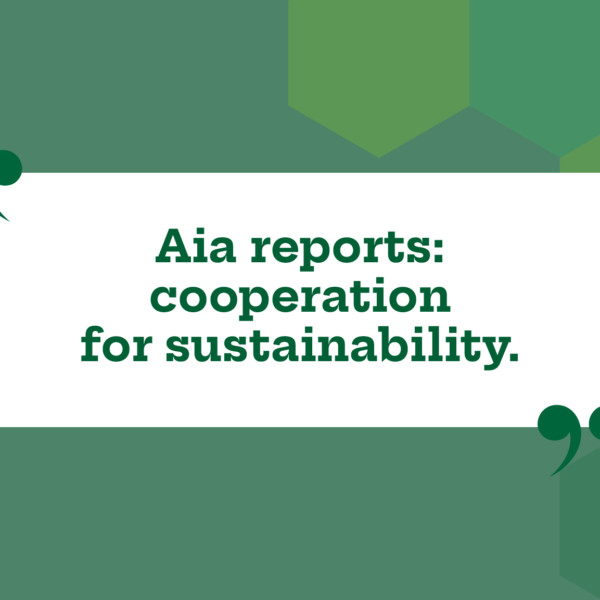
AIA reports: cooperation between the Emilia-Romagna regional government and the Italian Ceramic industry
Confindustria Ceramica and the Emilia-Romagna regional government have signed a memorandum regarding the processing of AIA (Integrated Environmental Authorisation) Reports for companies located in the Sassuolo ceramic cluster. Each year,...
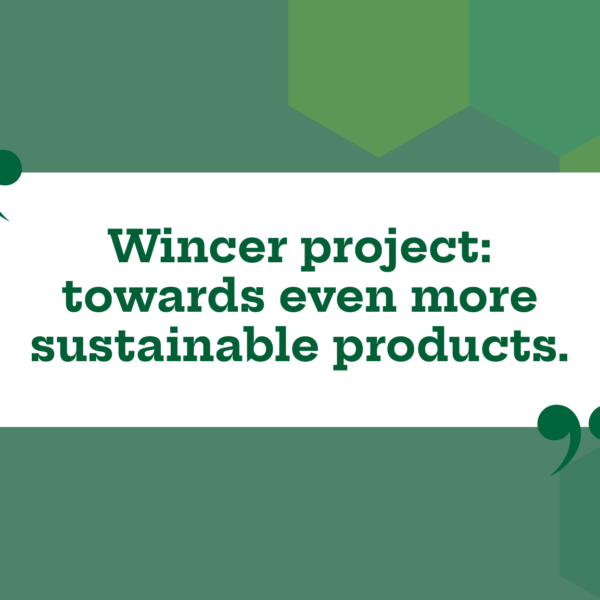
Wincer project, towards even more sustainable products
The Wincer Tiles research project has developed the most sustainable surface covering products on the market. Wincer tiles contain 85% recycled materials (infographic showing the composition of WINCER tiles) and...
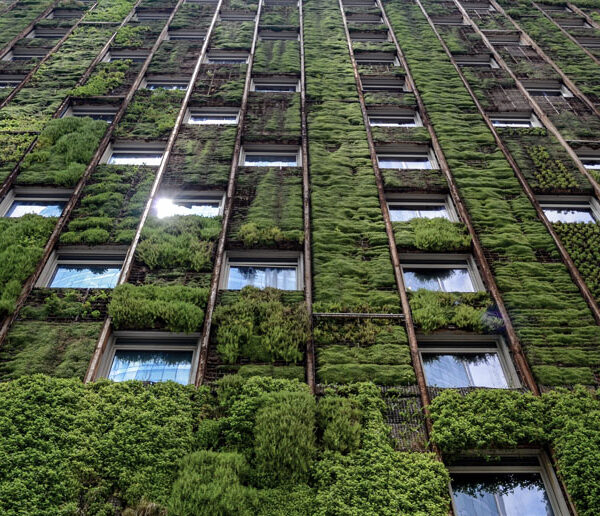
Italian ceramic products meet the Minimum Environmental Criteria for public administration projects
Italian ceramic products meet the Minimum Environmental Criteria laid down by the Italian Ministry of the Environment for use in public administration building contracts.
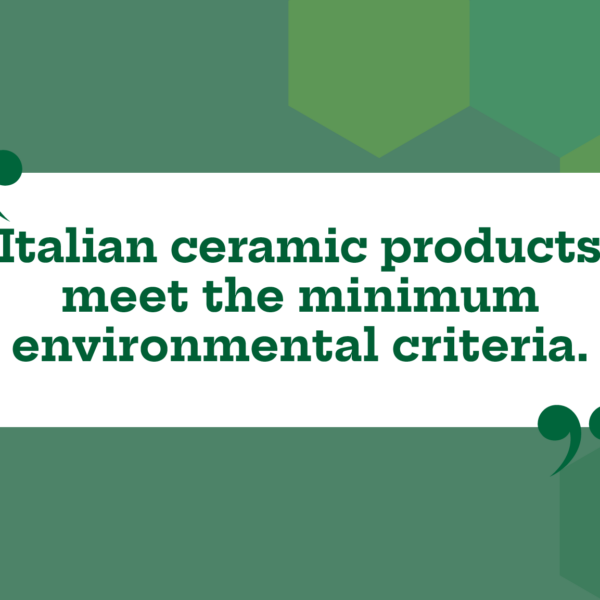
Italian Ceramic products meet the minimum environmental criteria
The use of Italian ceramic products helps buildings and renovation projects meet the Minimum Environmental Criteria (CAM) set by the Italian Ministry of the Environment. These requirements are in line...

The voluntary agreement and quota mechanism
In 2019, a Voluntary Agreement was signed by Confindustria Ceramica (representing the Italian ceramic tile producers), the Emilia-Romagna regional government and the municipalities in the Modena and Reggio Emilia ceramic...

FONCER: how does the supplementary pension fund work?
Alongside the obligatory state pension, workers in the Italian ceramic industry can also sign up to a supplementary pension scheme. Called Foncer, it is a capitalisation pension fund for employees...
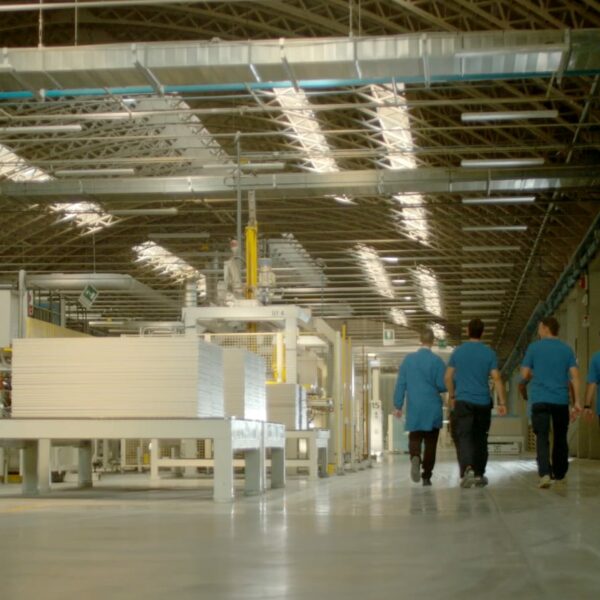
The Italian ceramic tile industry’s efforts to prevent musculoskeletal disorders
The Italian ceramic tile industry keeps constantly abreast of the risk factors associated with manual load handling. In recent years, the industry has introduced a number of technical/organisational measures and adopted shared protocols aimed at improving occupational well-being and preventing the occurrence of musculoskeletal disorders.
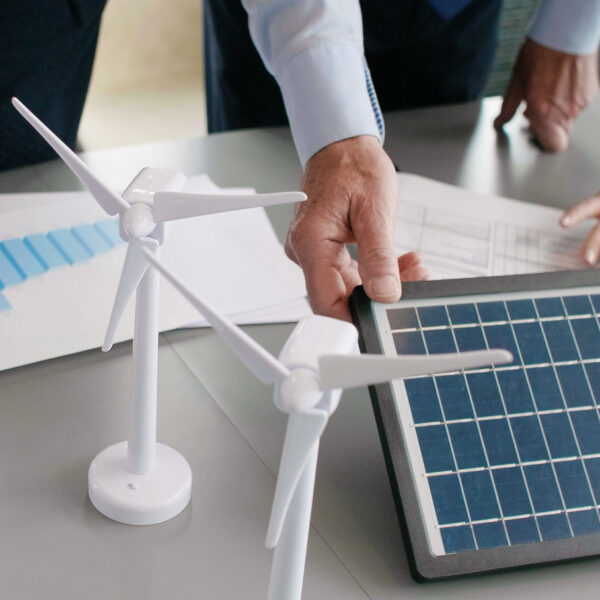
Photovoltaic tiles
The Italian ceramic tile industry is working to integrate photovoltaic technology into ceramic tiles in order to develop a cladding material that will be capable of reducing the energy consumption of buildings and optimising the exchange of heat between the interior and exterior. The first prototypes have shown promising results for use in the most innovative green building projects.
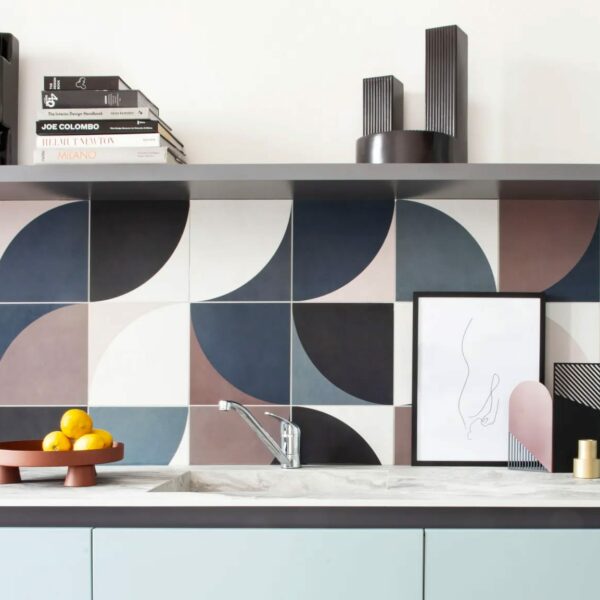
Italian ceramic tiles need very little water for cleaning
Italian ceramic tiles inhibit the proliferation of germs and bacteria and avoid the wastage of water for everyday cleaning.
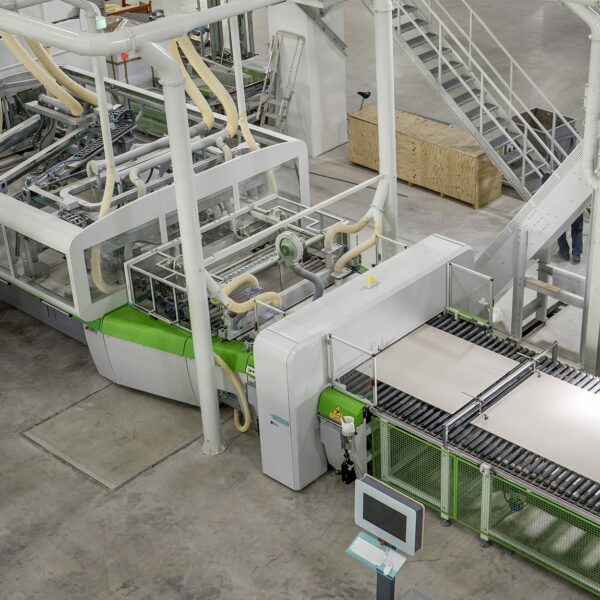
Italian ceramic tile production plants comply with the CE marking
By implementing the recommendations of the “Guide to CE Marking” drawn up through a constructive dialogue between the Emilia-Romagna regional government, the Modena and Reggio Emilia local health authorities, the trade unions and ceramic industry employers, the Italian ceramic tile industry meets the requirements of the European Machinery Directive.








